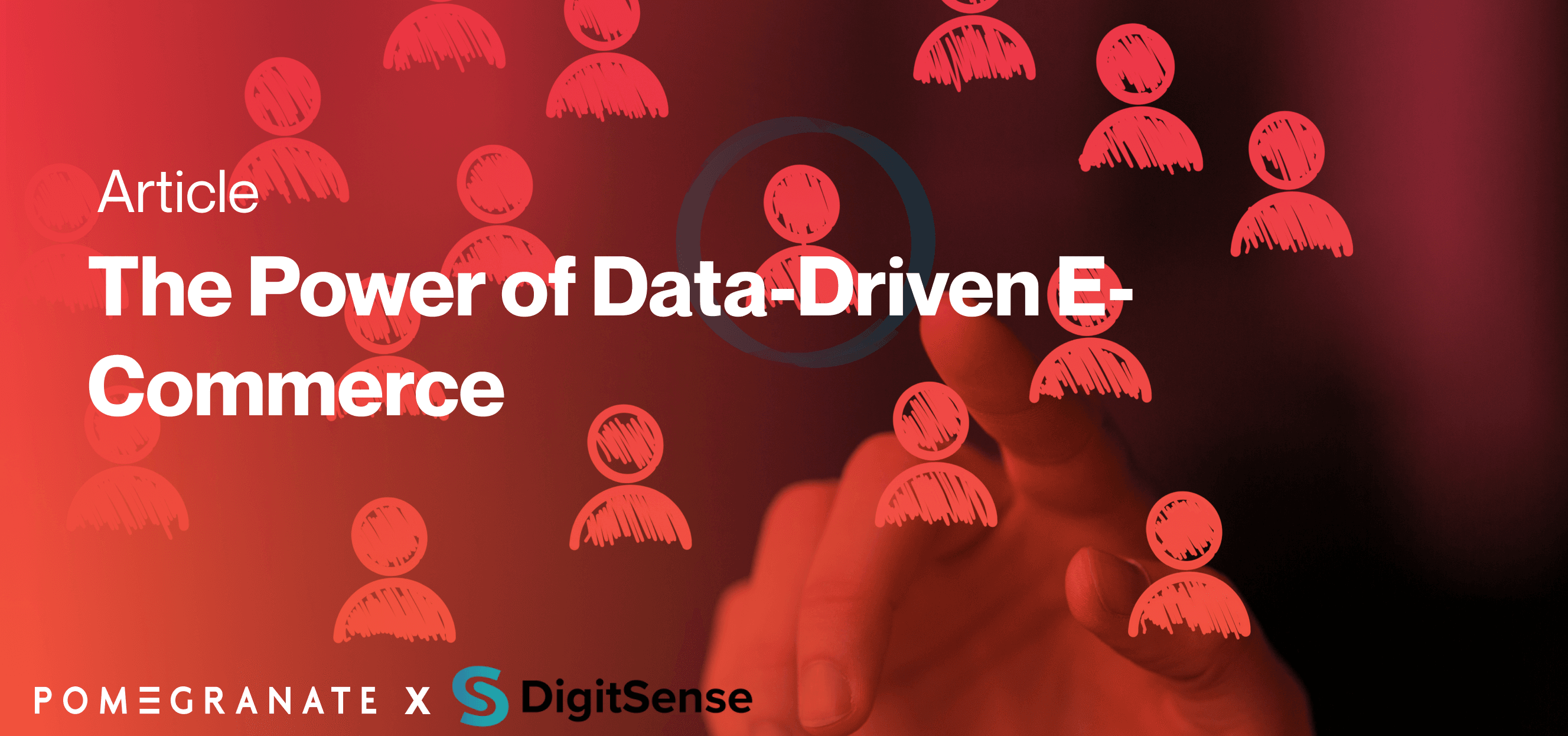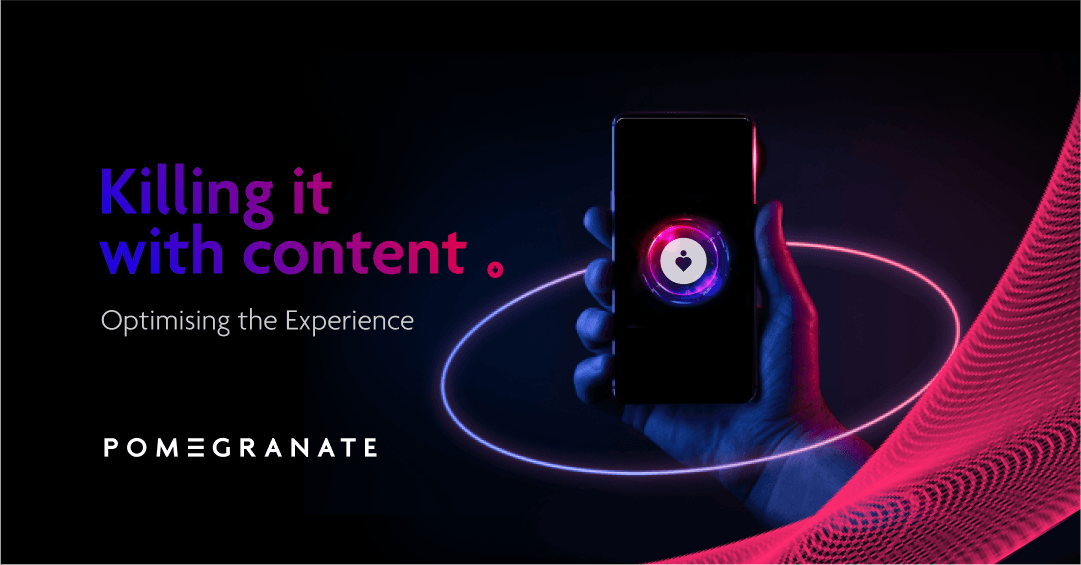Virtual Health Assistants (VHAs) have emerged as powerful tools that use Artificial Intelligence (AI) to enhance patient support and engagement. This article delves into the roles of VHA’s, exploring their potential benefits and the role of AI in optimising patient interaction.
Virtual Health Assistants are designed to provide personalised support, guidance, and information to patients, extending the reach of healthcare beyond traditional clinical settings. These AI-powered devices serve as companions throughout a patient's healthcare journey, offering assistance in various aspects, including:
Health Monitoring - VHAs proactively monitor patients' health, reminding them of medication schedules and alerting healthcare providers to anomalies for better disease management and prevention.
Education and Information - VHAs provide reliable health information tailored to individual profiles, promoting better understanding of conditions, treatment options, and enhancing overall health literacy.
Appointment Reminders - AI assistants streamline healthcare logistics by sending reminders, facilitating scheduling, and providing directions to healthcare facilities, reducing no-shows and enhancing the patient experience.
The AI Advantage - Virtual Health Assistants excel in harnessing AI algorithms to analyse extensive patient data, adapt to individual needs, and continually enhance their capabilities. Machine learning enables them to understand patient preferences, tailor responses, and anticipate healthcare needs, making them valuable assets in personalised patient care.
While AI is changing how patients receive healthcare, these platforms hold great promise but navigating their integration into the healthcare industry also comes with challenges.
The right database

At the core of any AI system, particularly in healthcare, lies having accurate and comprehensive data. Virtual healthcare assistants, powered by generative AI, rely on vast datasets encompassing everything from basic symptoms to intricate imaging studies. The significance of this data cannot be overstated; any deviation or inaccuracy in medical records poses a huge risk to patient health. Only through meticulous attention to the completeness of datasets can AI seamlessly integrate into medical care, delivering reliable and accurate outcomes.
Algorithmic Precision
Data is crucial, but it's not the only factor to consider. Algorithms, shaped by limited and shallow datasets, may yield inaccurate and potentially harmful results. Biases within algorithms, caused through inadequate representative datasets, present ethical challenges. Achieving ethical AI in healthcare requires ongoing refinement of algorithms and enhancement of training datasets to ensure positive contributions from AI-driven healthcare assistants to patient well-being.
The Integration Challenge
Integrating AI into health systems is a complex challenge beyond just installing new software. It demands careful planning to avoid disrupting healthcare professionals' workflows. Coordination, training, and a mindset shift are essential for seamless integration, enabling AI to enhance practices without operational disruptions.
In conclusion, the synergy between Virtual Health Assistants and AI holds immense potential in transforming patient care. By focusing on creating intuitive, patient-centred experiences, healthcare providers can leverage the power of AI to enhance support, engagement, and overall well-being. The future of healthcare lies in the integration of technology that not only advances medical capabilities but also prioritises the human experience.
If you would like to find out more, talk to our specialist here.





